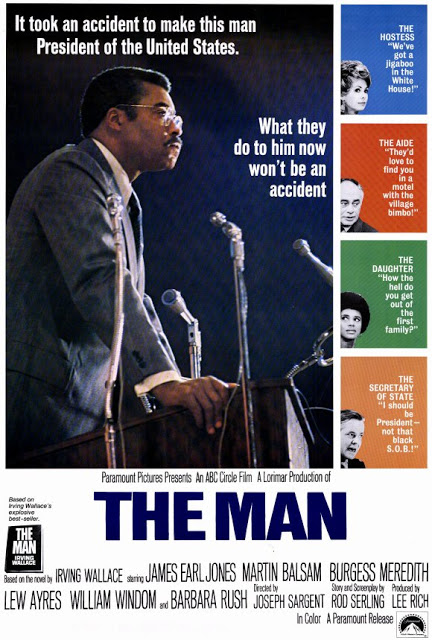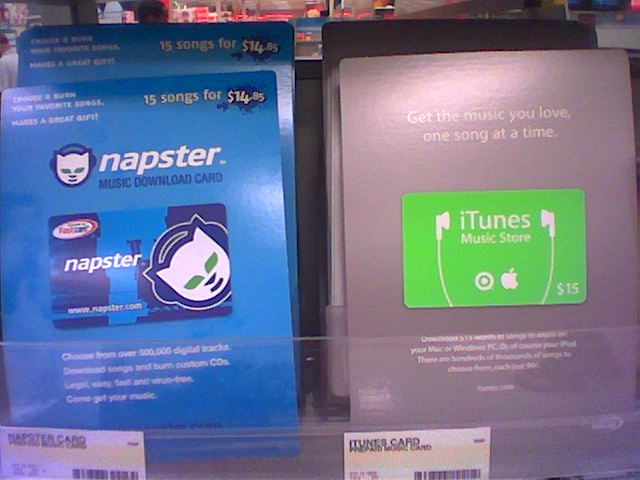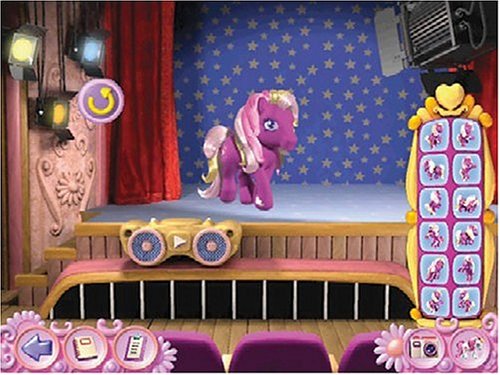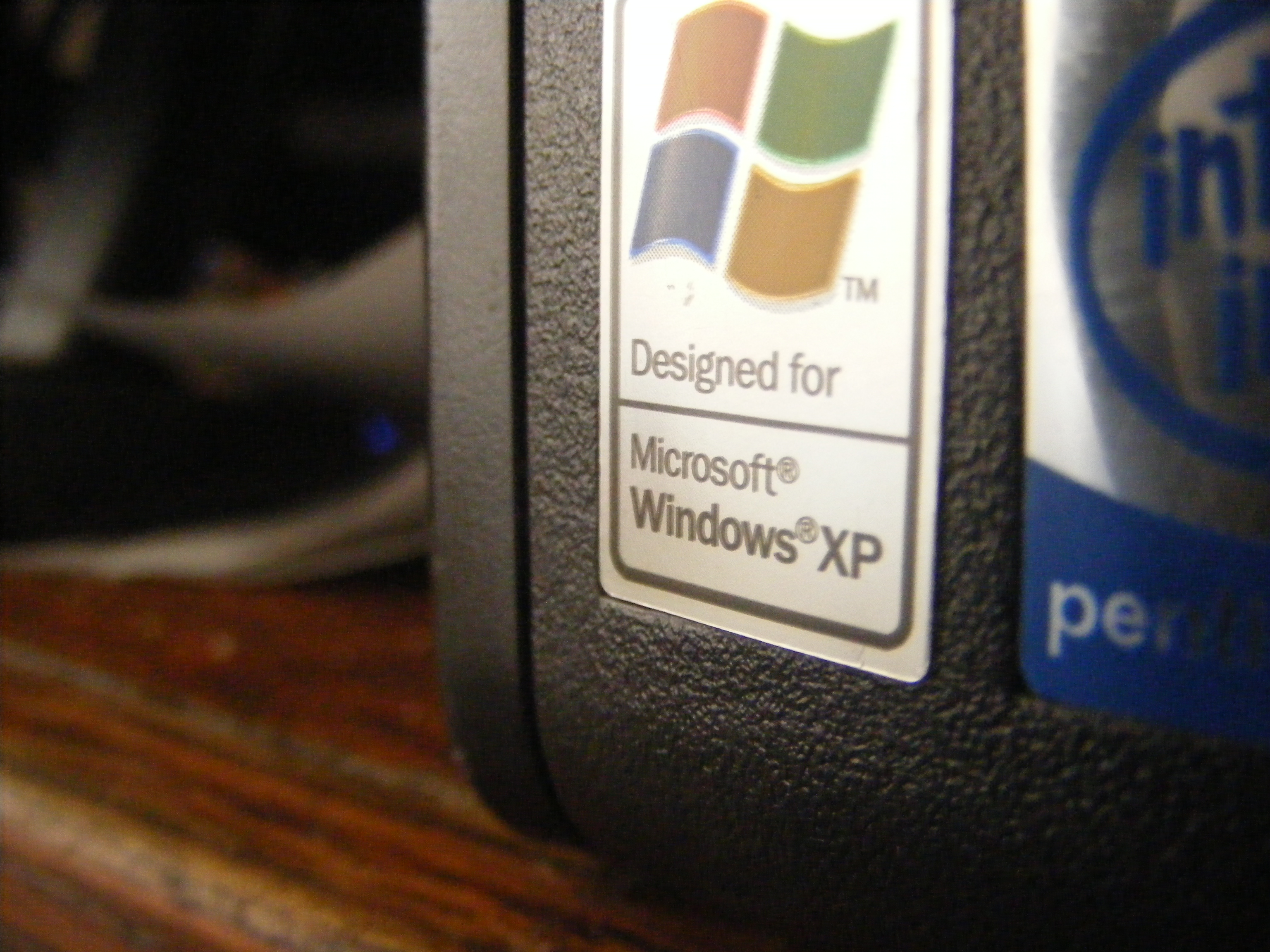I discovered a cool, new music site today. I was looking around MusicMatch, which had profiled The Distillers album “Coral Fang.” I listened to the songs first on MusicMatch MX radio; some rad punk. So I checked out the band’s homepage where there was a post about The Distillers going digital, with songs for sale over at Audio Lunchbox.
Audo Lunchbox is a legal download site hawking indie music. Lots of it, and stuff you’d buy from Apple’s iTunes Music Store (that means rights protection) or one of those Windows Media Audio outfits like MusicMatch (that also means rights protection). The problem with the rights-protected (a.k.a. digital rights management) stuff isn’t the restriction on playback (three PC cap for most music) but the compatibility. Apple’s music format and WMA aren’t compatible. The songs usually won’t play in the same media player or portable music player.










